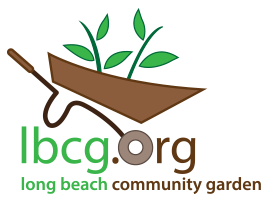 Watering Your Garden
Watering Your Garden
Too much water or too little water is the most common problem affecting many gardens. New plants and seedlings need moist soil to develop deep roots. Once plants are established, watering should be deeper but less frequent. Underwatering leads to poor growth and plant dieback. Overwatering causes roots to die and leaves to wilt. Often the symptoms of overwatering and underwatering are the same.
Plant roots need oxygen. Good soil condition is important for allowing oxygen to reach the roots. Lack of organic matter and overwatering causes soil to become compacted. Roots then die back and the plant becomes stunted and unproductive.
Water should percolate into the ground. Water running off rather than absorbing into the ground indicates that the soil is hydrophobic. Adding compost on top or into the soil improves soil structure and water absorption.
A common mistake made by many gardeners is to add more water when plants are not growing well. Often the problem is due to other causes such as diseases in the soil. Adding more water may make the problem worse. A careful examination of the soil is important to determine the problem.
Helpful topics on watering:
Sources:
